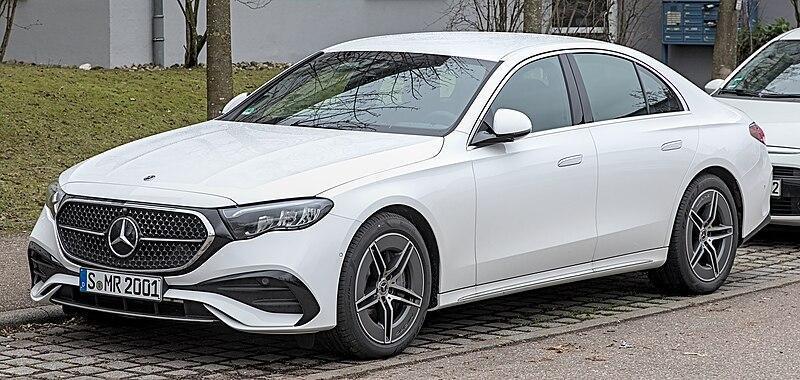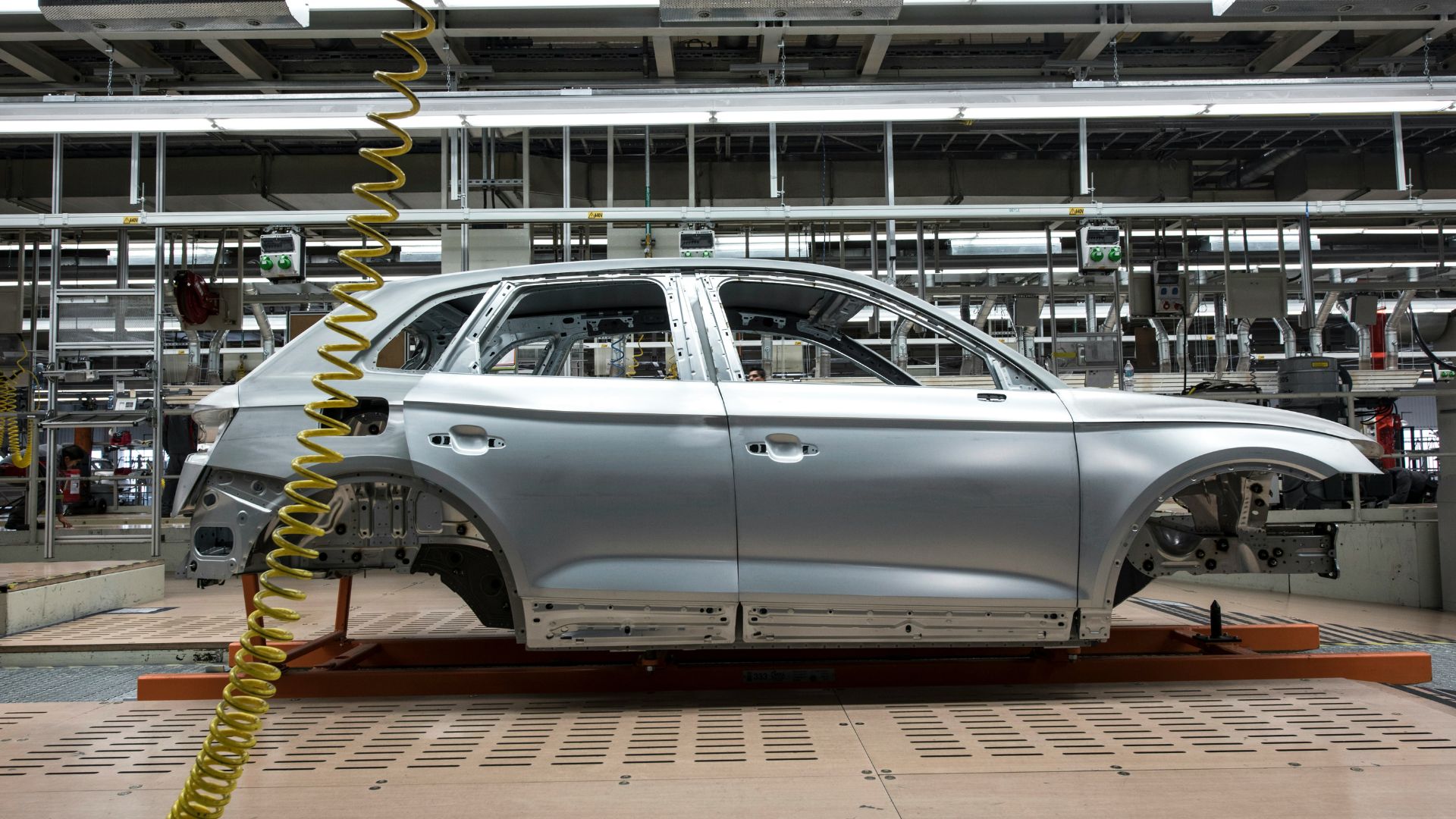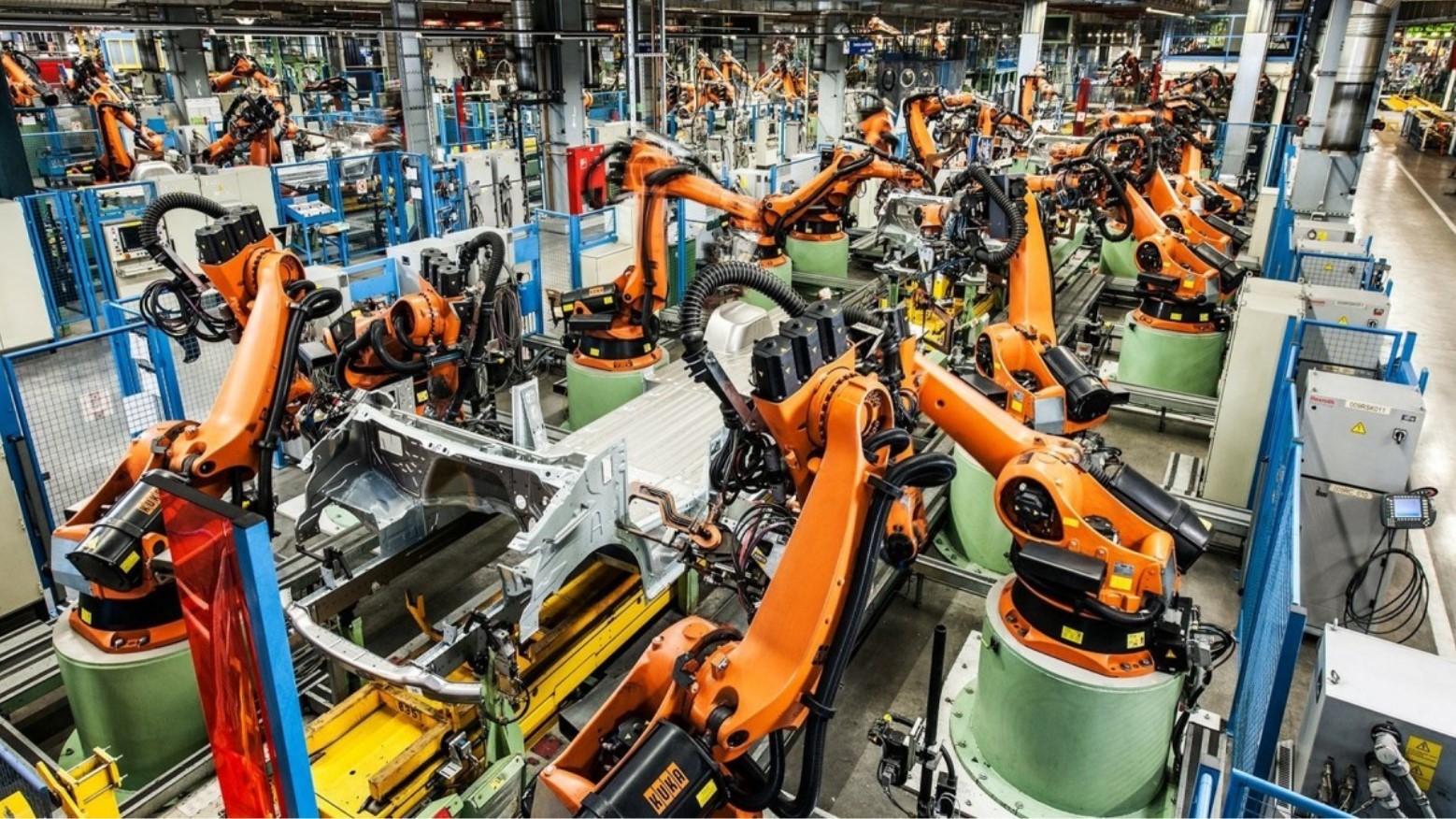The Vance, Alabama plant of Mercedes-Benz USA recently became a battleground for unionization. Earlier this month, the United Auto Workers (UAW) pushed to organize the plant’s workers, leading to a high-stakes vote.
With the vote resulting in a narrow defeat for the union, tensions remain high at the plant as both sides continue to fight for their interests.
The Role of Consultants

To combat the UAW’s efforts, Mercedes-Benz reportedly hired a large team of anti-union consultants. These consultants, known as “persuaders,” were brought in to influence workers’ decisions through mandatory meetings.
This strategy is common among employers seeking to prevent unionization, leveraging experts to present anti-union arguments to employees.
Financial Investment

Employers often spend heavily on anti-union campaigns. Mercedes-Benz’s expenditure on consultants could easily be in the hundreds of thousands, considering the going rate is around $3,200 per day per consultant.
With multiple consultants working daily, the financial commitment shows the company’s determination in, ultimately, defeating the union effort.
Daily Meetings

Workers reported attending daily anti-union meetings in the weeks leading up to the vote. Rick Webster, a member of the union organizing committee, described to HuffPost the relentless nature of these sessions.
“It’s been nonstop anti-union. We’ve had to go to meetings every day,” Webster said, highlighting the company’s intense efforts to dissuade unionization.
Election Outcome

The employees voted against forming a union, with 2,045 in favor and 2,642 opposed.
This result marked a significant setback for the UAW in its campaign to organize Southern auto plants. Despite the loss, the close vote indicates substantial support for the union among the workforce.
UAW’s Response

Following the vote, the UAW filed multiple objections with the National Labor Relations Board (NLRB), alleging that Mercedes-Benz interfered illegally in the process.
The union claims the company’s actions tainted the vote, and if the NLRB finds evidence of wrongdoing, it could call for a re-election, potentially under different conditions.
Mercedes-Benz’s Position

Mercedes-Benz stated it respected its employees’ right to choose whether to unionize. However, the company’s extensive reported anti-union efforts, including daily meetings and hiring multiple consultants, suggest a strong opposition to the unionization drive.
The company emphasized providing employees with information to make an informed choice.
Broader Campaign

The UAW’s campaign in Alabama is part of a larger strategy to expand its influence in the South. The union recently had a significant win at Volkswagen’s plant in Chattanooga, Tennessee.
This victory contrasts with the challenges faced at Mercedes-Benz, highlighting the varying levels of resistance from different automakers.
Global Corporate Policies

Labor leaders in Germany criticized Mercedes-Benz for violating its social responsibility code by opposing the union in Alabama.
The UAW and German labor leaders argue that Mercedes-Benz’s anti-union stance in the U.S. contradicts its practices in Germany, where it bargains with unions, showcasing a discrepancy in the company’s global policies.
Potential Re-Election

If the NLRB sides with the UAW, a re-election could be held under different conditions. The union hopes for a fair vote without the company’s alleged interference.
A new election might provide a clearer view of the workers’ true sentiments towards unionization, free from external pressures.
Future Implications

The outcome of this high-stakes battle could influence future unionization efforts at other foreign-owned auto plants in the South.
A successful re-election for the UAW might encourage further organizing efforts in traditionally union-resistant states, potentially reshaping the labor landscape in the region.
Moving Forward

The union battle at Mercedes-Benz’s Alabama plant shows the significant resources companies may deploy to prevent unionization.
As the NLRB reviews the UAW’s objections, the future of unionization efforts in the region hangs in the balance. The decision will be crucial in determining the next steps for both the union and the company.


